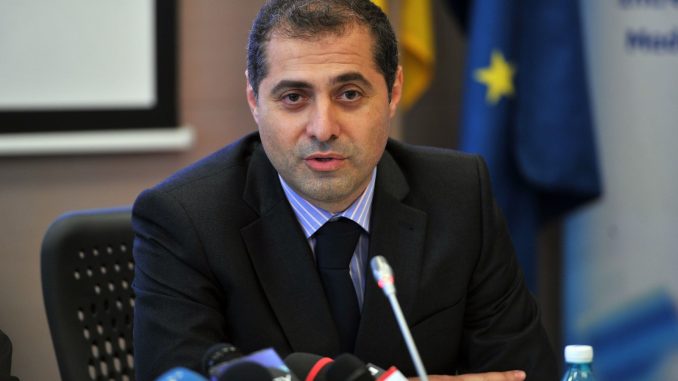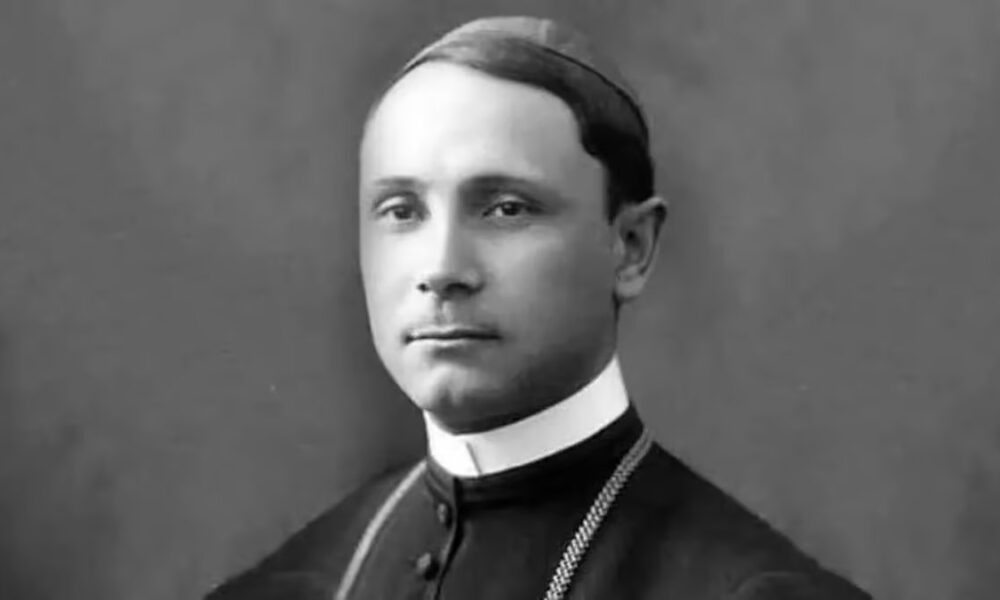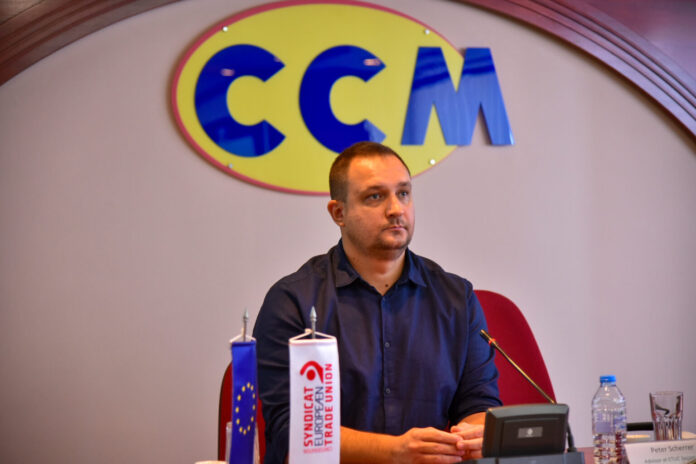About a meeting at the EU Court of Justice

On Thursday I participated in a working meeting at the Court of Justice of the European Union in Luxembourg, for an exchange of opinions with the judges of the court leadership, with the general lawyer at the Court and with a team of executives of the Court.
Somewhat unexpectedly, the intervention of the Court’s president, Koen Lenaerts, made long references to Romania, as a model of action of the Court to ensure the supremacy of the European Union law on the internal law of the EU Member States and the so-called European sovereignty (a kind of collective sovereignty of European legal construction that transcend the states of the European states. EU).
The case invoked was Rs against Romania – you can analyze it by accessing the link. Lenaarts insisted on the role of the EU constitutional and supreme court. Both attributes are quite strange, as neither the treaties nor the constitutions of the Member States, confer to the CJUE constitutionality competences and, more than that, the CJUE has no attributions to judge processes, but only attributions to ensure the correct interpretation and application of the treaties and to control the acts issued by the European institutions (including those of normative character).
In view of this intervention, I asked two questions:
-in Romania, the world has less and less interpretation in the judicial system-in 2024, the level of confidence decreased by 11%, and the cases that reach the CJUE have reduced by half; I have shown that, symptomatically, the Romanians hope that, after they have lost their justice in the national courts, they will obtain it in the European courts, but this feeling is eroded as the day passes, being accompanied by an increasing Eurosceptice; What is the motivation of this decrease in trust? Can it be the imprecise, ambiguous character, expressed in wood and very complex language, ie intelligile?
-Romania’s constitution does not establish a subordination report between European law and Constitution, but only such a relationship with the internal, infraconstitutional laws; What is the reason for the interpretation of the CJEU, in the sense that the Constitution of Romania should also be subject to the European Union law?
I’ll start with Lenaerts’ response.
The president of CJUE said that he is very aware of the provisions of the Constitution of Romania to which I made a reference. However, it cannot be accepted that, based on a unilateral interpretation of Romania, the supremacy of the European Union law will be endangered. All other countries should, plus the institutions of the Union, agree with the supremacy of the National Constitution on EU law. If this right is not applicable beyond or against the Constitution of a Member State, then there is no unitary interpretation and application of European sovereignty.
The statement involves something absurd and very dangerous: in order to apply and respect the Constitution of Romania, the other 26 Member States, plus the EU bureaucracy, agrees. Why would we still have constitution, why would they speak of sovereignty, which belongs to the Romanian people, and not to the EU bureaucracy or EU judges? Do we ask ourselves to apply our own Constitution? I wonder what attitude Germany or France could have in case Romania would not agree that the two EU Member States should apply their own constitutions.
The statement is also partially false, because they are states, such as Germany or France, which have made explicit decisions to refuse the primordiality of EU law on their constitutions. See the decisions of the Karlsruhe Court in this regard or the decisions of the Constitutional Council in France.
The general lawyer at the Court, on the other hand, gave me justice in terms of hyper-complexity of the European Union law and the decisions coming from CJEU. Very interesting was an example of « clarity » of the regulation: on page 300 of the act, it stopped because nothing was understood.
He also gave me justice and a judge, president of the CJEU room 2. He even said that, starting in October 2025, a simplified explanation system (= translation from wood language into common language) will be implemented. Better late than never.
The truth is that justice cannot be bordered to be told/edited.
Justice must be perceived as being made, that is, visible, easily intelligible, simple to assimilate.
Without the ordinary man understanding what happens to him in justice or after justice, there is no justice, there is no true access to justice.
Neither the laws, nor the decision to the judges are intended for sophisticated specialists or the members of any select club.
It is ironic, but in the statement that accompanies the 2024 report of the CJEU, the president of the Court, Lenaerts, declares that the Funamental objective of the CJEU is the approximation of the justice to the citizens.
Compared to the quasi-intelligible style in which the motivations of the CJEU decisions are written, with the ambiguous, imprecise and equivocal character of the « solutions » (which often sounds like in the burden of the wise « my opinion is to do as you think ») and with the ambitions of the CJEU representatives to be above the national courts and above the EU states. Arrogance and cynicism, but above all, a form of inadequacy, of stinging in the project.
Definitely, reform is needed in the case of CJUE, because only this way can you hope to continue this beautiful legal construction project represented by the European Union.




:strip_icc()/s3/static.nrc.nl/bvhw/files/2025/05/junghun.jpg)

